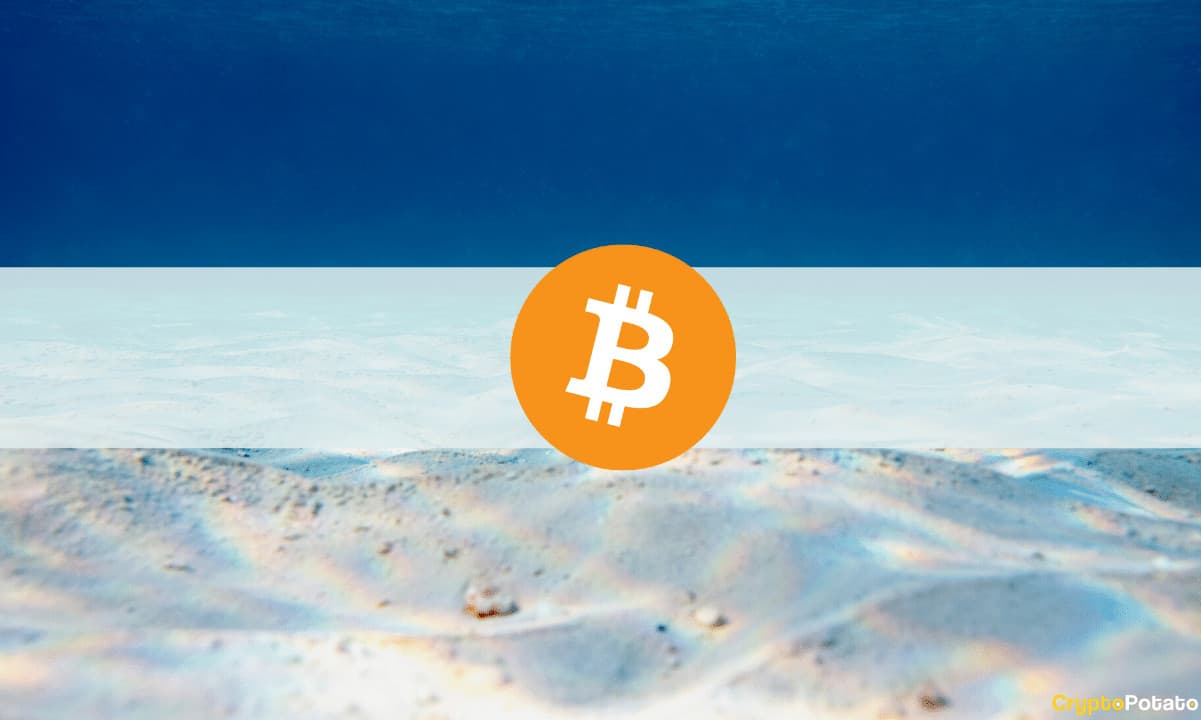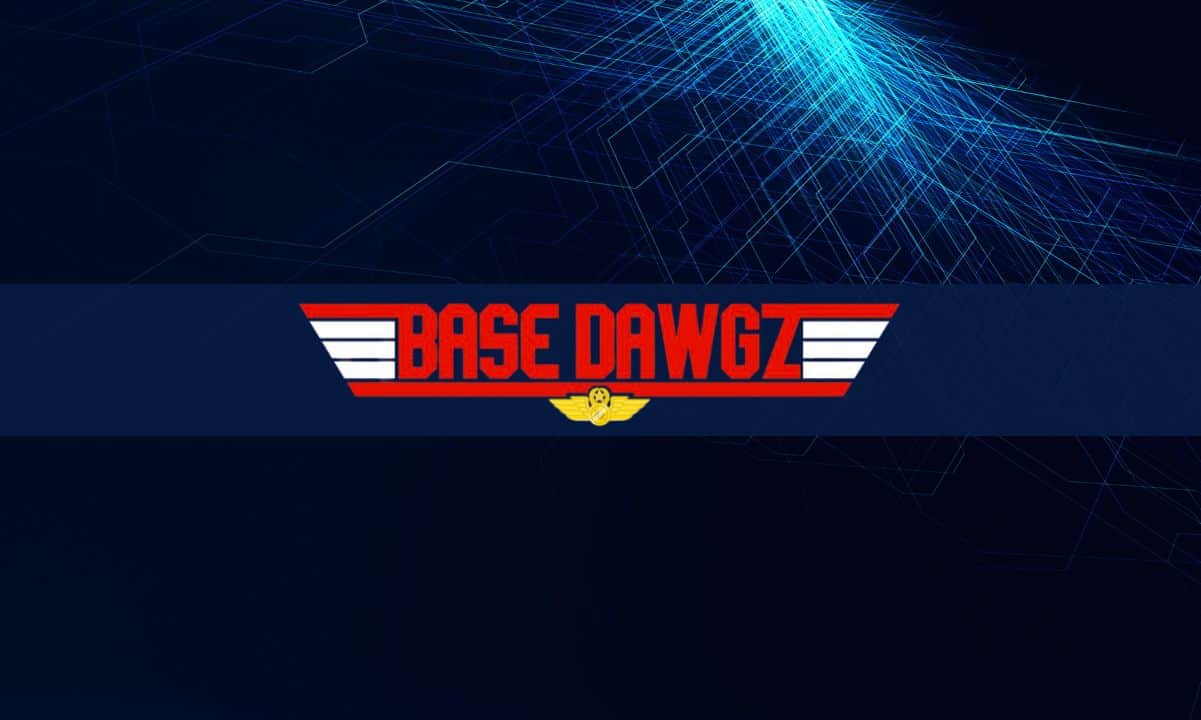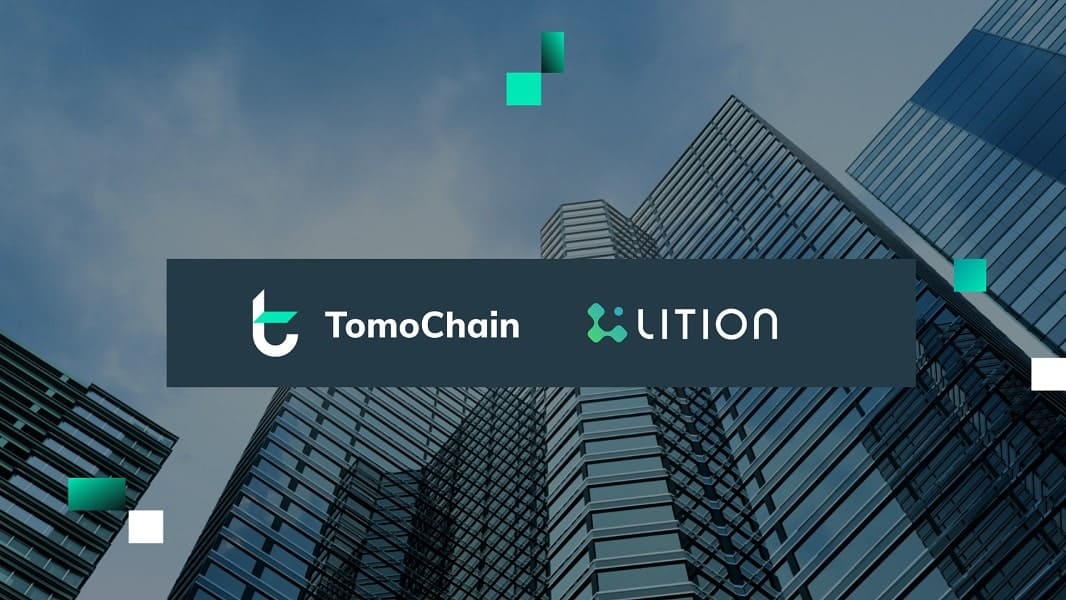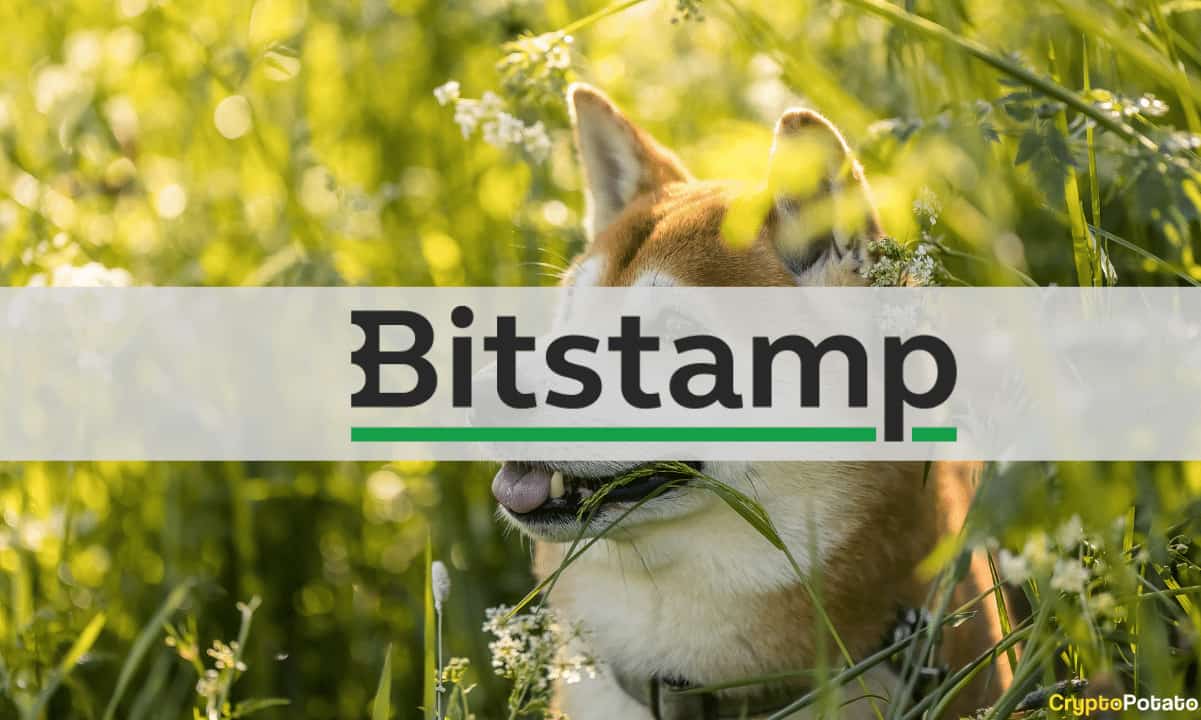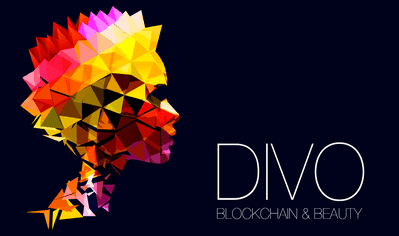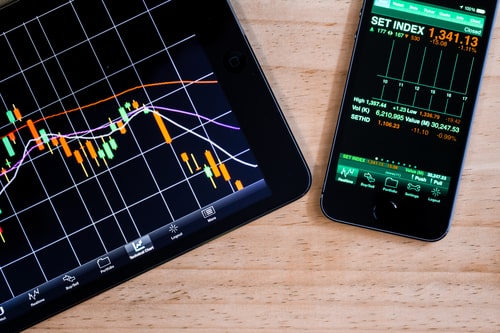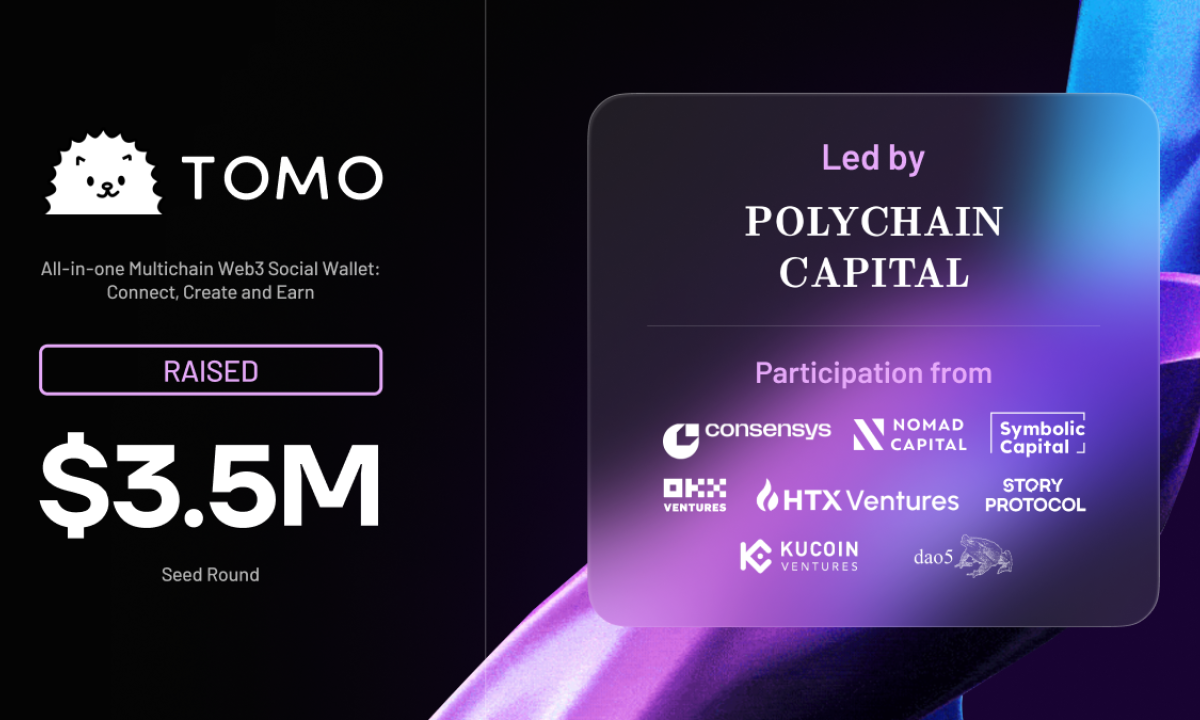Real World Assets: an Emerging Reality in an Inevitable Future
The crypto industry has been booming, with discussions about the future of trading financial assets, as well as the possibility of putting them on-chain. Some of the major players in the financial world, such as BlackRock, are starting to take notice of the transformative power of blockchain-based technology.
This begs the question of what’s next. And in this conversation, real-world assets (RWAs) have definitely emerged as a frontier, capturing the spotlight with their potential.
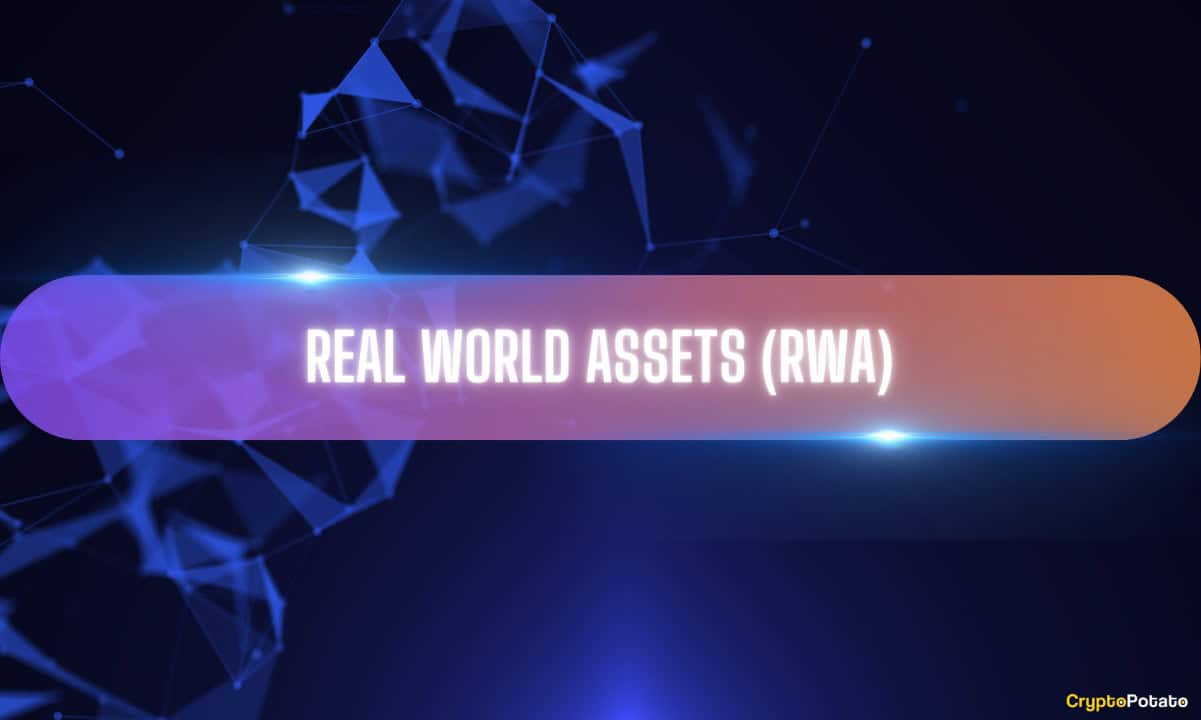
RWAs: A Rapidly Evolving Landscape
The tokenization of real-world assets is undoubtedly reshaping the field of traditional finance, merging tangible assets with blockchain technology. This intersection has already created an expanding ecosystem where traditional assets are revamped and put on the blockchain as digital tokens.
The growth of this sub-section is evident, demonstrating the increased adoption of asset tokenization, as well as its potential to reimagine financial markets.
Some experts are forecasting that tokenizing illiquid assets could unlock a market worth up to $4 trillion by 2030 – an ambitious projection highlighting the scale of the opportunity, as well as blockchain’s ability to solve inefficiencies in the world of traditional finance.
What is Behind the Growth of RWAs?
There are several factors that fuel the rapid expansion of the real-world asset market and they are setting the stage for a paradigm shift in the way financial assets are being traded and even managed.
These include, but are not limited to:
Improved Liquidity
In essence, tokenization aims to convert assets that could be traditionally illiquid into tokens that are very easy to trade. This is capable of increasing the liquidity, which could play a transformative role for certain specific areas such as real estate, private equity, and art – all fields that have historically required long holding periods, while also being subjected to relatively high barriers to entry.
Fractional Ownership
One of the more exciting aspects of RWAs is the ability to divide high-value assets into smaller, tradable units. This opens up opportunities for a broader range of investors, democratizing access to assets like commercial properties or rare commodities.
Transparency and Security
The immutability provided by blockchain technology delivers unparalleled transparency, which also means that the transactions will be tamper-proof. This reduces the risk of fraud, but it also builds trust in the market.
Cost Efficiency
One of blockchain’s long-lasting promises is that of eliminating intermediaries, thereby reducing transactional friction and improving cost efficiency.
What Are Some of the Real-World Applications of RWAs?
And while the above might sound appealing, it’s also important to dive deeper into some of the practical applications of RWAs, which demonstrate their transformative potential.
Real Estate
Investors can now buy digital shares of physical properties, significantly lowering the investment threshold. This innovation makes real estate—a traditionally high-barrier asset—more accessible to individual investors.
Commodities
Commodity-backed tokens have emerged as a strong use case, with the market capitalization for such tokens reaching $1.1 billion. Gold has proven to be the most popular asset for tokenization, offering a stable and universally recognized store of value.
Treasury Products
Tokenized treasury products have witnessed phenomenal growth, increasing by 782% in 2023 alone. Valued at over $931 million, these products highlight the growing appetite for blockchain-based financial instruments within institutional and retail markets.
While the above statistics are impressive, they are also representative of just a fraction of the impact that RWAs could potentially have on the global financial world.
The integration of real-world assets into blockchain technology signals a shift in how we perceive and interact with the broader financial system. Companies like BlackRock—the world’s largest asset manager—are already starting to explore the possibilities, meaning that the era of tokenized assets is no longer just a distant vision but an emerging reality.
Author: Ivo Grigorov, CEO at Credefi Finance
Ivo is an experienced Finance Specialist with a demonstrated history of working in the banking industry. He was extensively involved in the development and design of diverse financial instruments in both debt and equity segments. His skill set includes expertise in Market and Credit Risk, Capital Adequacy, and Management. As a strong banking and finance professional with a Master of Science (MSc) focused in Global Banking and Finance from European Business School (EBS) – London, he has a proven track record on successful implementation of financial products. Ivo has been in the blockchain and crypto market since early 2016 and a firm believer of its future applications.
The post Real World Assets: an Emerging Reality in an Inevitable Future appeared first on CryptoPotato.

